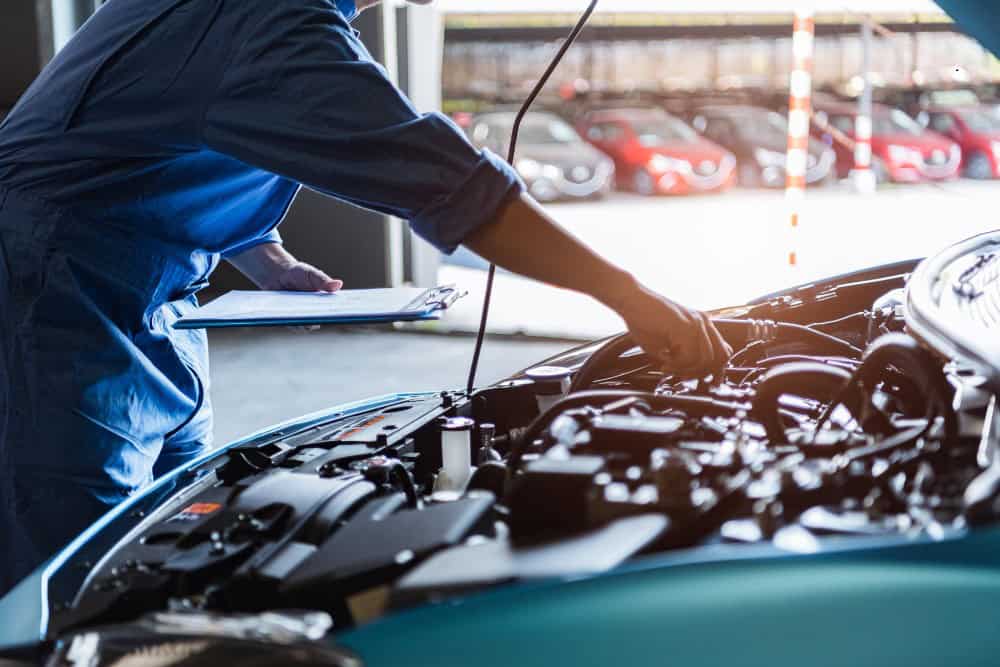
When you own a Dodge, you expect power, performance, and reliability. However, like any vehicle, Dodge cars are not immune to certain issues. Understanding the most common problems with Dodge cars can help you take preventative measures and address issues before they turn into costly repairs. In this blog, we’ll explore the most prevalent issues Dodge owners face and how to handle them like a pro.
When discussing the most common problems with Dodge cars, transmission issues top the list. Transmission failures or malfunctions are especially common in models like the Dodge Grand Caravan and Dodge Durango. Owners have reported slipping gears, harsh shifts, and transmission fluid leaks. These problems can be particularly frustrating because they affect the vehicle’s drivability and safety.
Transmission problems in Dodge vehicles often arise due to faulty components or a lack of regular maintenance. The automatic transmissions in these cars, especially in the older models, are prone to wear and tear, especially if the fluid isn’t changed regularly.
Engine stalling is another issue frequently reported by Dodge owners, particularly in the Dodge Ram and Dodge Journey models. This problem can occur suddenly, leaving drivers stranded in inconvenient locations.
The cause of stalling often lies in faulty electrical systems or sensors within the vehicle. In some cases, worn-out spark plugs or fuel delivery problems are to blame. Dodge cars with higher mileage are more likely to experience engine stalls.
Dodge cars, particularly the Charger and Challenger, are notorious for experiencing electrical issues. These problems can range from malfunctioning lights and power windows to more complex issues like problems with the car’s computer system or alternator.
Many Dodge owners also report problems with the suspension system, especially in the Dodge Charger and Challenger models. Suspension issues can lead to a rough ride and negatively impact handling, making the car uncomfortable and unsafe to drive.
Wear and tear on the suspension components, such as the shocks, struts, and control arms, is often the culprit. These parts tend to degrade over time, especially if the vehicle is driven on rough roads.
One of the most alarming Dodge car problems is brake failure. Owners of various models, such as the Dodge Durango and Dodge Charger, have reported premature wear on brake pads and rotors. Brake issues can lead to longer stopping distances, reduced braking performance, and an increased risk of accidents.
Brake problems can stem from worn brake pads, damaged rotors, or issues with the brake fluid. Dodge cars that are driven aggressively or frequently in stop-and-go traffic are particularly susceptible to brake wear.
The most common problems with Dodge cars are preventable with regular maintenance and timely repairs. Transmission troubles, engine stalling, electrical issues, suspension problems, and brake failures can all be addressed by staying on top of your car’s maintenance schedule and consulting a professional mechanic at the first sign of trouble. By being proactive, you can extend the life of your Dodge and keep it running smoothly for years to come.
If you’re experiencing any of these common Dodge car problems, don’t hesitate to get your vehicle checked by an expert. At Ralph’s Transmissions, our certified technicians specialize in diagnosing and repairing Dodge vehicles. Whether you’re dealing with transmission issues or brake problems, our team is here to help. Contact us today to schedule an appointment.